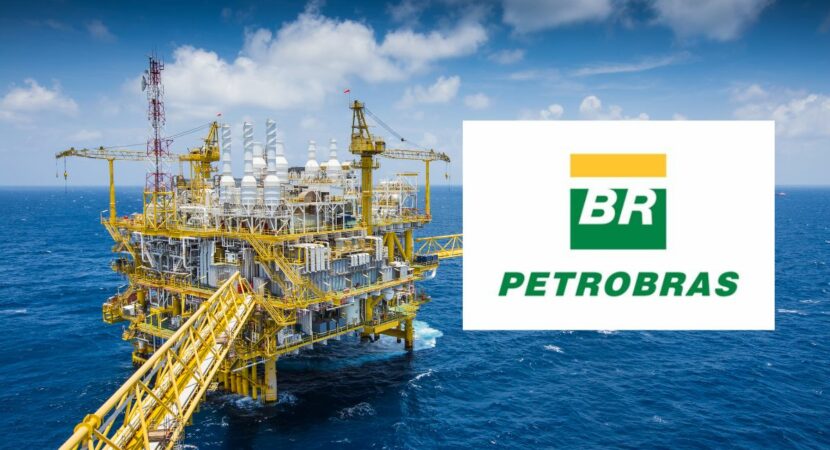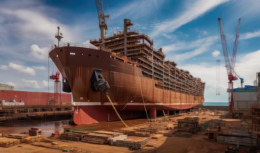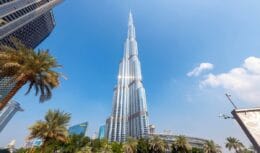
Analysis of geological data pointed out that the Pitu region may have oil reserves with great potential
Petrobras, the Brazilian state oil company, recently announced that it will start oil exploration in the Pitu region, located in the Potiguar Basin, in Rio Grande do Norte. However, the expectation is that the region will have large oil reserves, which could be excellent news for the company and for the country.
Petrobras' decision to explore the Pitu region is the result of a careful analysis of geological and geophysical data. According to the company, the region has geological characteristics that suggest the presence of oil in significant quantities. Petrobras also emphasized that the exploration of Pitu is part of its strategy to expand its oil reserves and natural gas in the country. Continue reading to find out more.
Petrobras defends a competitive price policy, and exploration of new wells contributes to this. Check out more in the video below.
Exploration in the Rio Grande do Norte region by Petrobras has major challenges ahead
Oil exploration is a complex activity, and involves several risks and challenges. In the case of Pitu, Petrobras will have to face challenging geological and environmental conditions, such as the presence of deep waters and the need to preserve the region's biodiversity. Therefore, the company must adopt strict safety and environmental protection measures to guarantee the sustainability process of the operation.
In addition, oil exploration in the Pitu region can bring positive impacts to the local and national economy. Oil production is one of the country's main sources of revenue, contributing to job creation, increased tax collection and strengthening of the trade balance. Petrobras, as one of the main companies in the sector, plays a fundamental role in the development of the oil industry in the country.
However, it is important to emphasize that oil exploration is an activity that generates controversy and controversy, especially with regard to environmental impacts. Therefore, Petrobras must be attentive to the concerns of civil society and adopt measures to mitigate and compensate for environmental impacts. In addition, it must dialogue with local communities and other stakeholders involved in the operation.
Exploration of the region requires a billionaire investment
The Pitu area is located 60 km from the coast of Rio Grande do Norte. This concession is part of the Equatorial Margin and requires investments of around US$ 3 billion over the next five years. The area is in the process of renewing the environmental license with Ibama for the drilling of its third well. However, the first well was drilled in 2014, with an abundance of oil and gas, and the second in 2015, which proved its potential.
Oil exploration in the Pitu field is one of the possible activities to keep Petrobras in Rio Grande do Norte with regard to oil exploration. After all, the state-owned company began the process of selling all of its stakes in a set of 26 concessions for onshore and shallow water production fields in the Potiguar Basin in 2020.
In short, Petrobras' decision to explore the Pitu region in search of oil can be seen as an opportunity for the company and for the country. However, it implies challenges and responsibilities.
In this sense, the oil exploration it is a strategic activity for the Brazilian economy, but it must also be carried out with environmental and social responsibility. With a successful operation in Pitu, Petrobras will be able to further strengthen its position in the oil and natural gas market. In this way, it contributes to the sustainable development of the country.












Air Force F-16 fighters…
True friend, what they shot down were…
Air Force F-16 fighters…
I would like to know what planet you live on…
Air Force F-16 fighters…
Everything is fine, 100-year secrecy,…
Air Force F-16 fighters…
Well... It's flying scrap... Typical...
Air Force F-16 fighters…
Which genocide are you talking about? Than…
How do you write?
He's upset because the army doesn't...
How will he stay on the air?…
This is fake, it can only be
The investment is 50 billion. There…
I'm from the commerce area, but I have…
Or 35.000/ not counting the DPVAT in…
When there were no hard roads, I...